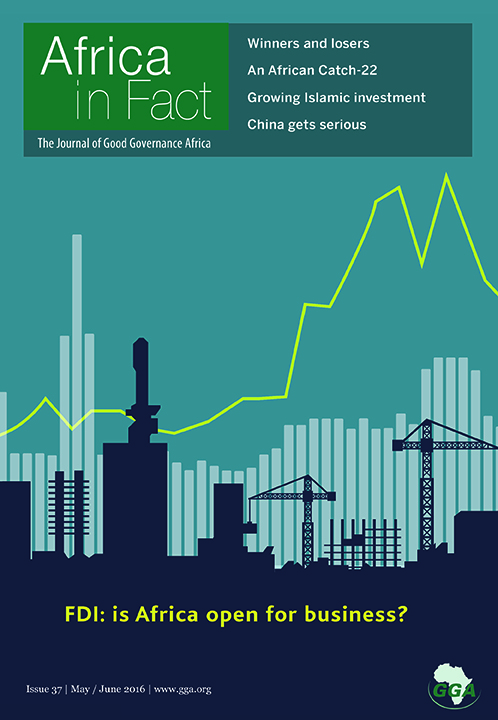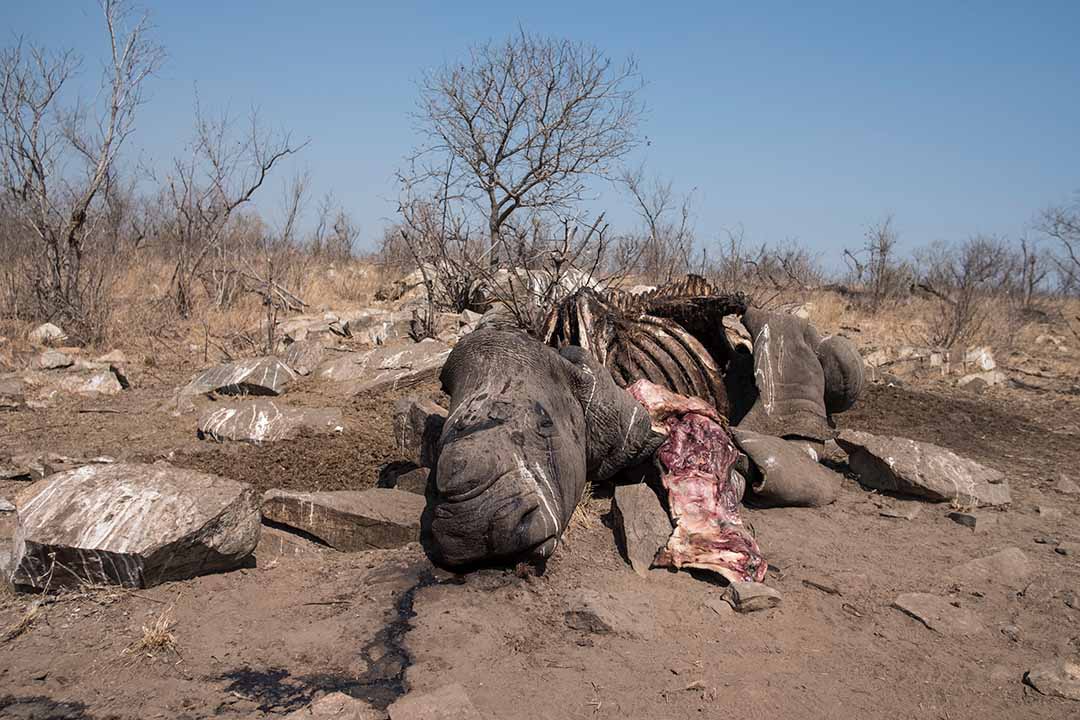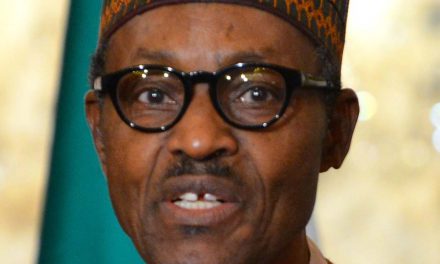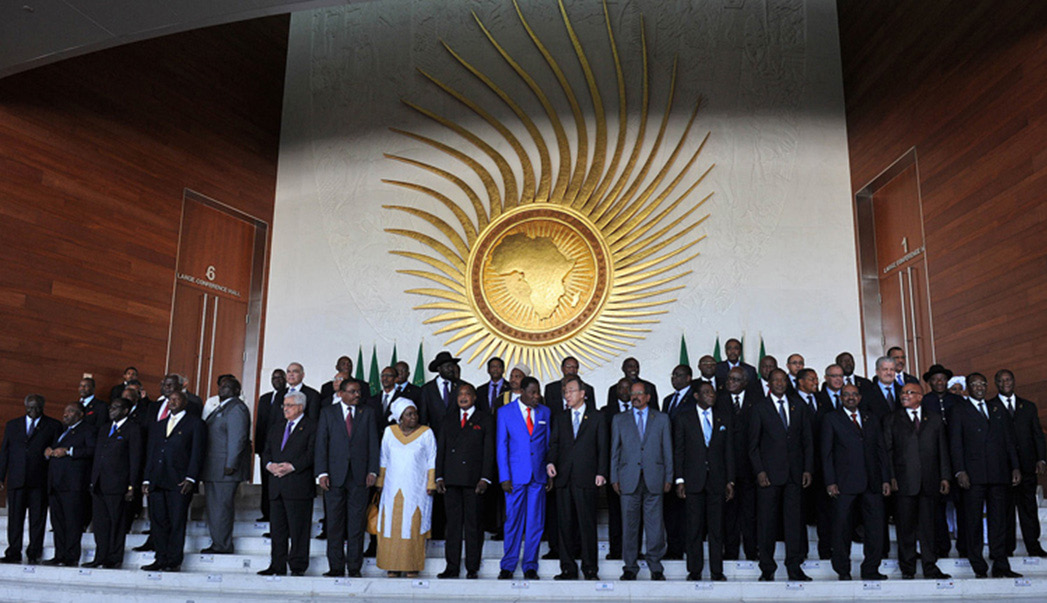A law aimed at forcing local majority ownership of firms in Zimbabwe runs into economic reality and hardline nationalism at the same time
The Zimbabwean government has bowed to pressure by effecting changes to its controversial Indigenisation and Economic Empowerment Act, which compels non-indigenous investors to cede at least 51% of the shares in their companies to black Zimbabweans, but the furore and confusion around the legislation shows no sign of abating.
After months of haggling, on January 4th this year Finance and Economic Development Minister Minister Patrick Chinamasa and Youth, Indigenisation and Economic Empowerment Minister Patrick Zhuwao agreed to introduce changes to the Act. The turnaround is seen as an acknowledgment of the need to stimulate foreign direct investment (FDI), but it has been attacked by other members of the ruling party.
The indigenisation law was enacted in 2007 ahead of the 2008 national elections, when the ruling party, ZANU-PF, turned to populist policies to shore up its waning support. At the time, the Zimbabwean economy was ravaged by hyperinflation, which peaked at 79,6 billion% in November 2008, according to an expert on exchange-rate regimes, Professor Steve Hanke of Johns Hopkins University, Washington. The government said it wanted to economically empower indigenous Zimbabweans by ensuring they acquired controlling stakes in foreign companies.
Economists, business organisations and diplomats accredited to Zimbabwe questioned the policy, which they blamed for low investment levels in the country as compared to other countries in the region. According to the United Nations Conference on Trade and Development, Zimbabwe recorded $545m in FDI in 2014. By comparison, South Africa recorded FDI inflows of US$5.7 billion, Mozambique US$4.9 billion and Zambia US$2.4 billion.
Nevertheless, ahead of the 2013 elections, the party again based its campaign on the idea of indigenisation, under the theme “indigenise, empower, develop and create employment”. It gained a controversial win at the polls, but businesses have resisted the regulations, which have proved an obstacle to new investment.
The amendments to the Act will maintain a 51/49% ratio of local/foreign ownership for resource-based sectors of the economy such as mining, as well as other resources, including water, air, soil, animals and vegetation. However, non-compliant companies will no longer be threatened with seizure or closure, but will instead be required to pay an “indigenisation compliance levy” as a tradeoff for non-compliance, with a cap of 10% of gross turnover.
The new regulations will allow foreigners to own a controlling stake in companies operating in the non-resources sectors of the economy—including manufacturing, financial services, tourism, construction and energy—for up to 20 years, which may be extended. Previously the Act stipulated that a non-indigenous person could hold a majority shareholding for five years from the date of commencing business.
The regulations also make it easier for companies to comply with the legislation by awarding “empowerment credits” to companies that ensure “value addition, skills development and vocational training”, as well as socioeconomic development initiatives that include “enterprise development”, “preferential procurement” and the building of houses for workers. Under the new amendments, companies have until March 31st 2016 to submit their indigenisation plans to the Zimbabwe Investment Authority.
Critics say the recent amendments change little, given that companies will still be expected to cede 51% of their shares. “The fundamental principles remain unchanged and [the amendments] won’t remove the impediments to both domestic and international investors,” Eddie Cross, an economist, legislator and economic advisor to opposition leader Morgan Tsvangirai, told Africa in Fact. “The 10% levy will cripple every company in the country if implemented.”
Another analyst, John Robertson says the government should focus on creating the creation of an enabling environment that is conducive for both local and international investors. “Indigenisation should be a natural process, not something that is driven by the threat of punishment,” he said. “The amendments [make] everything worse. The new 10% requirement will destroy already existing companies and discourage new investors.”
Zimbabwe National Chamber of Commerce chief executive Christopher Mugaga, also an economist, suggests that the term “indigenisation” is itself a problem. “It implies majority ownership by local or indigenous people, even if cosmetic changes are applied,” he told Africa in Fact.
Writing in Zimbabwe Independent, a privately owned business weekly, Sternford Moyo, a corporate lawyer who also sits on various boards, called for a balance between the country’s need to stimulate investment and its need to ensure that communities benefit from it. The requirement that investors relinquish a controlling share in their investments was simply unrealistic, he said. “No right-thinking person will feel happy to invest his or her money and immediately lose control over the investment.”
Zimbabwe was experiencing serious liquidity problems, he argued. The country’s economic environment was not conducive to sellers obtaining value for their investments, as demonstrated by a recent collapse in the value of securities listed on the Zimbabwe Stock Exchange (ZSE). (On December 31st 2015, the ZSE’s market capitalisation plunged to $3 billion from $4.3 billion in January of that year.) A law that made it compulsory to dispose of shares in such an environment, said Mr Moyo, would be inherently unfair.
The government’s attempts to develop empowerment legislation should not focus on shareholdings in existing entities, he added, questioning the logic of the government’s approach to resources, particular in mining. “One cannot have mining companies buying [the right to mine] a mineral in exchange for their shares and at the same time paying royalties for extracting a resource they will have paid for with their shares.”
Like other commentators, Mr Moyo was also critical of the proposed empowerment levy, which would be impossible for most corporates to carry, and would in any case virtually unenforceable given an environment in which no money was available to purchase shares. He called for further amendments to the Act. “Investors need confidence that they will be allowed to control and benefit from their investments,” he concluded.
Currently Zimbabwe is experiencing a crippling liquidity crunch that has resulted in company closures and high unemployment. Zimbabwe Congress of Trade Unions secretary general Japhet Moyo told Africa In Fact that 95% of Zimbabweans were not formally employed, with only 5% in informal employment, due to massive job losses. Zimbabwe ‘s public debt is around $8.4 billion, according to the 2015 Mid-Term Fiscal Policy Review presented to parliament in August 2015 by Mr Chinamasa.
Since his appointment in 2013, Mr Chinamasa has worked hard to re-engage key institutions such as the IMF and the World Bank in an effort to create conditions that attract new finance from international lenders. Under the terns of a new programme, negotiated by Mr Chinamasa, the IMF has resumed its monitoring of the country, which includes evaluating the implementation of the country’s economic programmes.
As part of this, the government committed itself to clarifying and amending its indigenisation law. However, Mr Chinamasa has run into flak from hardline ministers who view the amendments as an admission that the ruling party has failed to implement the programme and thus that it won the 2013 election on empty promises, according to senior ZANU-PF officials who spoke to Africa In Fact in confidence. These ministers believe that amending the regulations will hurt the ruling party ahead of the 2018 elections.
Mr Chinamasa announced changes to the indigenisation law on December 24th last year. On Christmas Day he was roundly criticised by the empowerment minister, Mr Zhuwao, who accused him of “treachery” for suggesting that the indigenisation legislation should be amended. Mr Zhuwao was supported by Higher Education Minister Jonathan Moyo, who tweeted that Mr Chinamasa was “out of order”.












